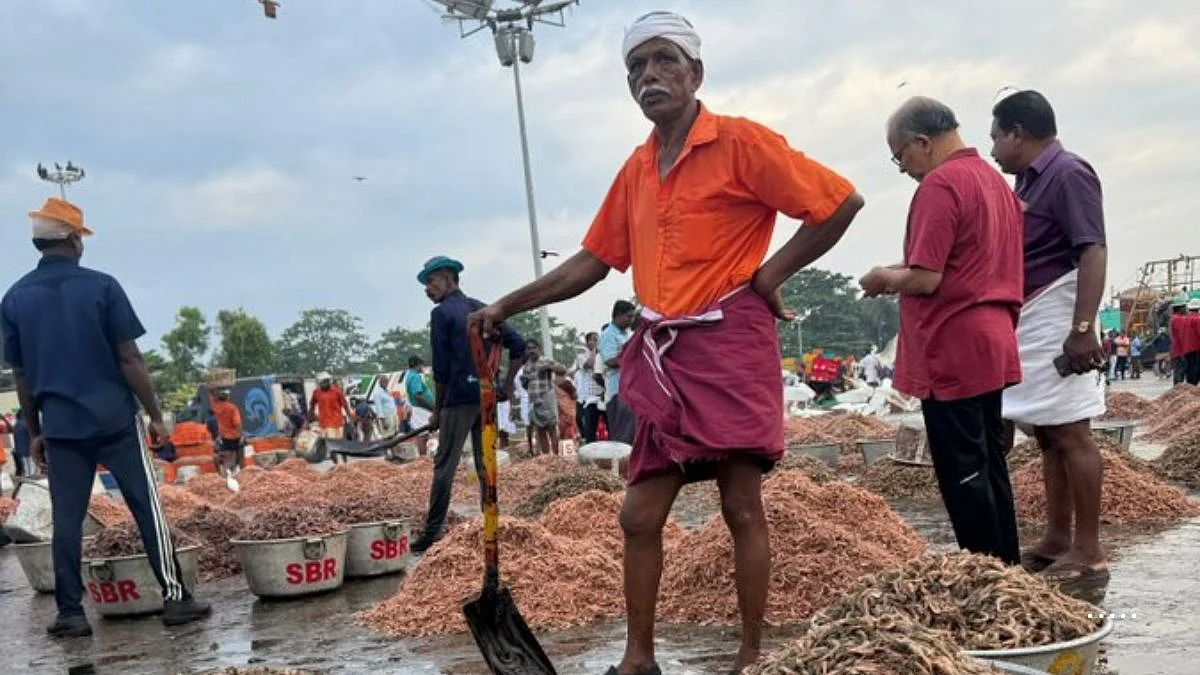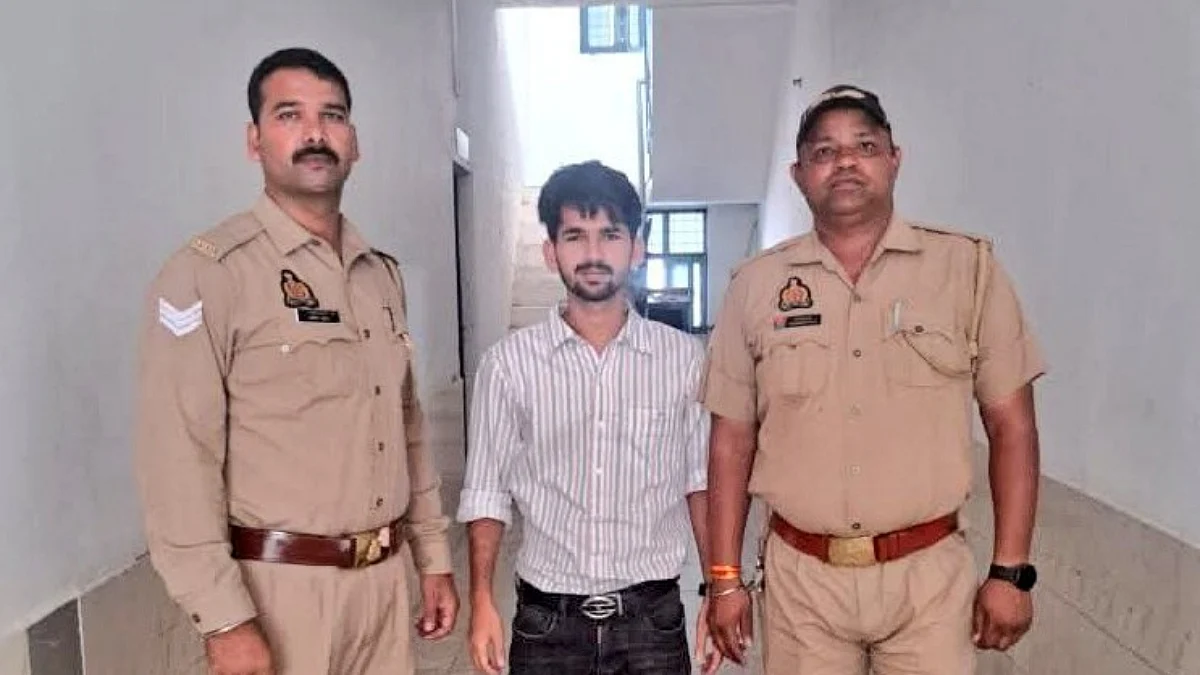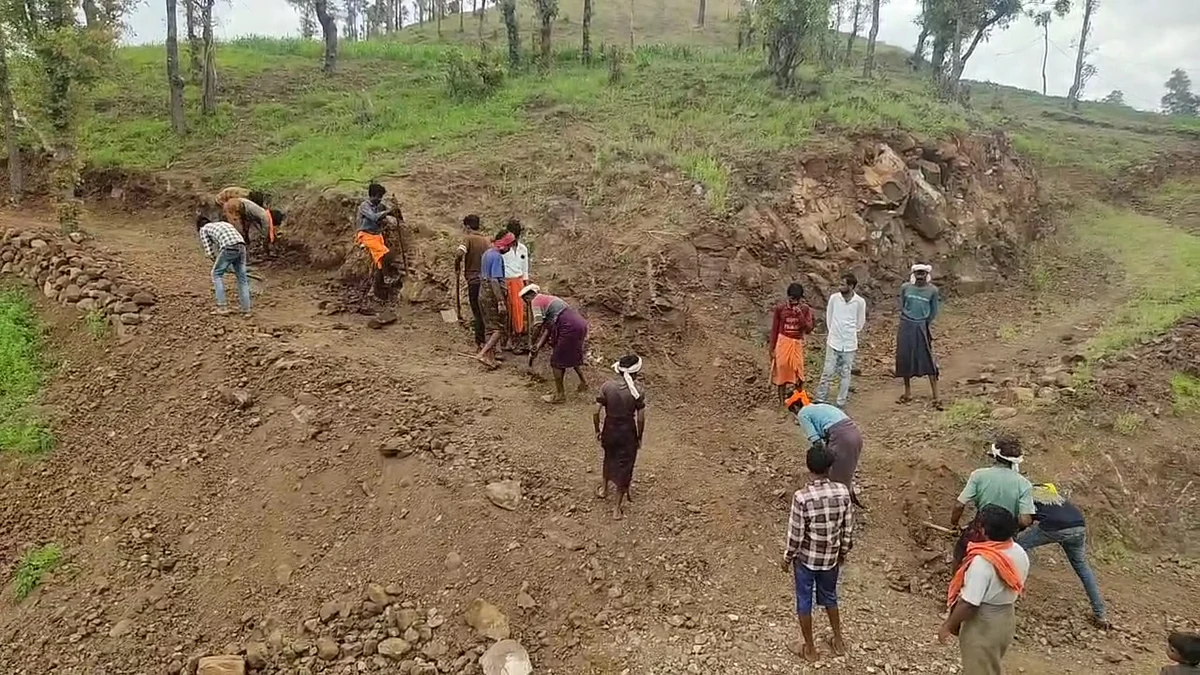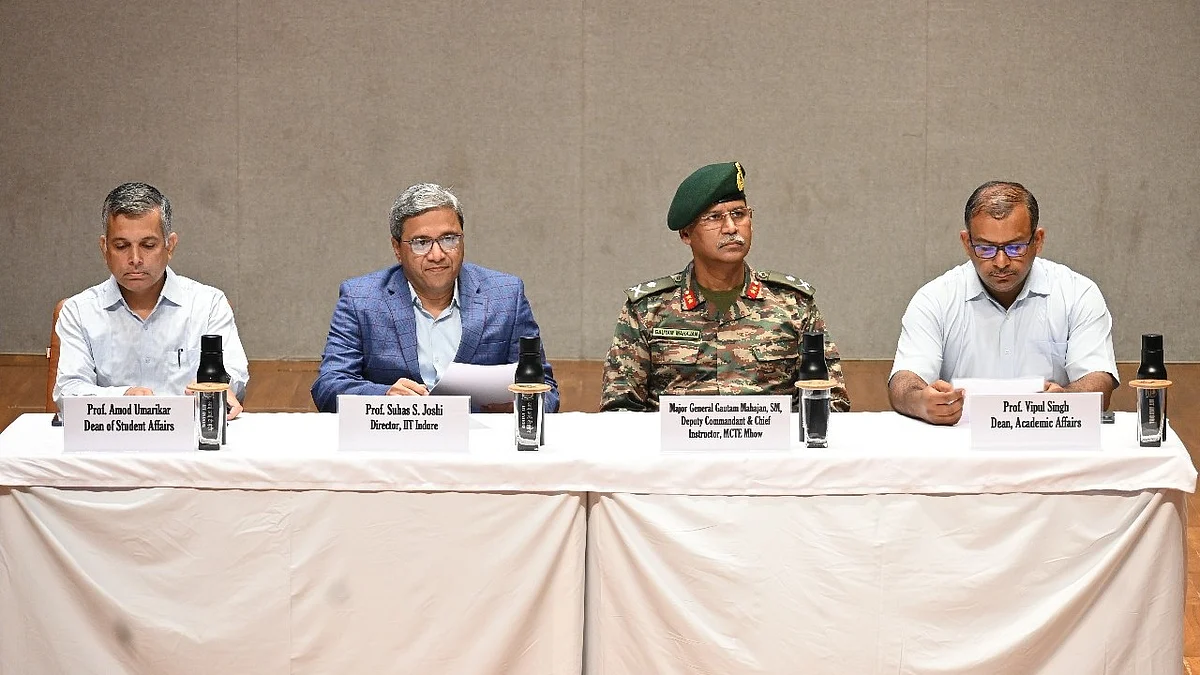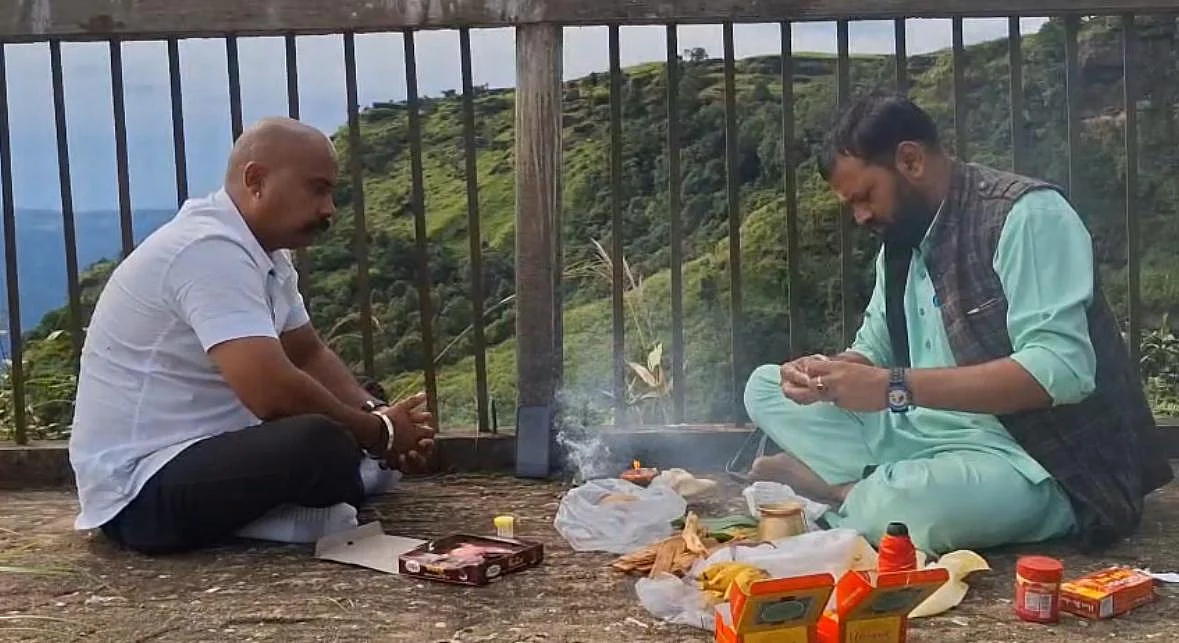Indore (Madhya Pradesh): Antimicrobial resistance (AMR) has been turning into a serious threat to public health and experts believe that they will not be left with any treatment options for serious ailments by 2050. The effect of the resistance has also delayed the recovery of pneumonia patients and most of the patients required high-level drugs for treatment.
In his study on AMR in pneumonia patients in the Malwa region, respiratory medicine expert of Shri Aurobindo Institute of Medical Sciences Dr Ravi Dosi found that the recovery time for most of the pneumonia patients increased from 4-5 days to over 14 days.
“We conducted a study on 400 patients who approached SAIMS after the second wave of Covid-19. These patients included those coming from various rural areas across Indore and from the urban areas, as well. During the study, we found that most patients had already taken second-level antibiotics at the primary level due to which we had to treat them with higher-level antibiotics which increased the time for recovery,” Dr Dosi said. He added that the national average of AMR is about 3-4 percent but it was found to be about 15-16 per cent in many patients.
Bronchoalveolar lavage (BAL) was performed on 150 patients to check the cultural sensitivity and klebsiella pseudomonas and staphylococcus aureus were found, which was a cause of concern.
‘Docs, too, must be made aware’
‘Reason behind the increasing resistance is consumption of over-the-counter (OTC) medicines, irrational use of antibiotics by doctors in primary treatment and continuous treatment for a long time without consulting doctors. Along with patients, awareness must be spread among doctors, as well, to rationalise the use of antibiotics’ - Dr Ravi Dosi, respiratory medicine expert of Shri Aurobindo Institute of Medical Sciences
He added that responsibility of Nodal Officer for implementing NAP-AMR has been given to HoD of Microbiology Department Dr Anita Mutha.
“We have conducted various CMEs over AMR and also organized meetings of HoDs to plan for the same. We will share the details of implanting the NAP with NMC at the earliest,” Dr Dixit said, adding “AMR is a serious threat to public health globally and WHO has identified AMR as top 10 global public health threats. The situation is worse in our country and serious steps are required to control the damage or we will leave no drugs for the treatment of serious ailments in coming years.”


